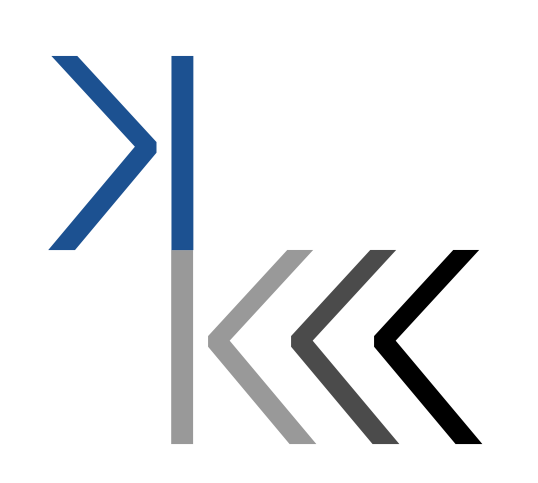With the advent of social media and artificial intelligence, completely new challenges have arisen for our society. To mention some of the latest and most urgent:
- Synthetic content, deepfakes
- Fake news and propaganda
- AI bias and discrimination
- conspiracy theories
- Over-reliance on AI
Various solutions have been proposed to address these pressing problems.
We believe that most of these existing solutions have serious drawbacks.
Let’s look – as an example – at some of them which are supposed to solve the first two problems listed above:
- Solutions based on cryptography (digital signatures, blockchain, digital watermarks etc.).
Such methods try to re-establish trust without the need for critical thinking and awareness. Although such measures could be implemented quickly, they come with great risks. The underlying technology is extremely complex and only a small elite of experts understands how it really works. This, in combination with the resulting blindly granted trust, harbors enormous potential for abuse. - Solutions based on media education. These are based on various methods developed by journalists to verify the authenticity of news. The problem is that such methods are subject to a constant arms race with the producers of fake news and therefore often very short-lived. Furthermore, in a world more and more flooded with communicative noise, the line between „fake news“ and „real news, presented in a sensationalized way“ is becoming increasingly blurred. There is a continuum between fully honest „true“ information and intentionally fake content and this makes such methods unreliable (at best). Many of these methods are also time consuming and therefore seem to be impractical for everyday use.
- Solutions based on trusted sources. This can be websites which promise to allow the public to check news or the recommendation to rely mostly on „high quality“ sources (like Wikipedia). These methods, similarly to the technological solutions above, free the public from the hassle of having to think critically for themselves. The dangers are also similar: such websites or tools create single points of failure which introduce great risks. Also, the creation of a single, certified „source of truth“ is not desirable as a well-founded opinion can only be created based on different points of view. One person’s „true news“ is often another person’s „fake news“.
The invention of powerful machine intelligence (currently in the form of Large Language Models and other generative AI‘s) has further complicated matters considerably.
We therefore believe that a more fundamental approach is required. One that is based on the philosophical „theory of knowledge“ (epistemology), the psychology of learning and social groups, game theory, neuroscience and machine learning.
The goal should be to become aware of the fundamental mechanisms of knowledge acquisition in social networks consisting of humans and intelligent machines.
From motivation and different knowledge sources to communication, social networks and trust.
It is clear that this kind of fundamental understanding has the potential to have much more lasting and profound impact compared to higher level „cooking recipe“ style recommendations.
This leads to new ethical questions. The amount, quality and sophistication of the learning skills a child possesses have a significant impact on its further development.
It seems therefore to be essential to teach such skills using value-free learning experiences which allow the kids to draw their own conclusions (i.e. in an unsupervised way).
We imagine a combination of interactive analog and digital games played in groups of kids or adults. These game based learning experiences should be entertaining, capturing and rather open in scope.
We hope to be able to present first ideas for such games soon.

Leave a Reply